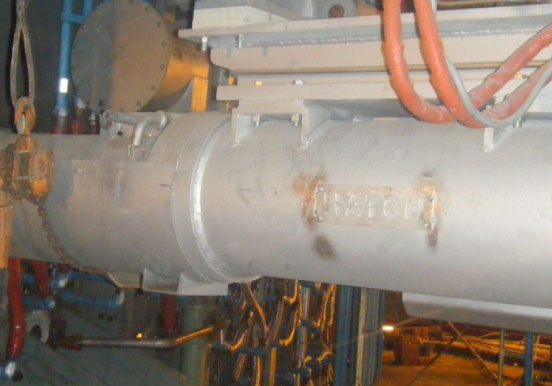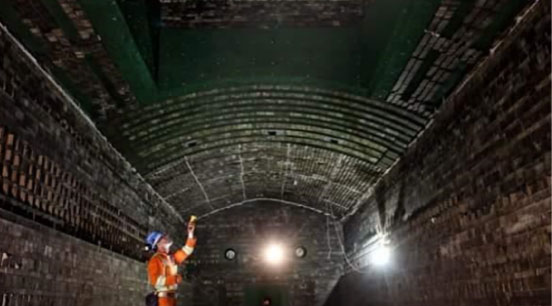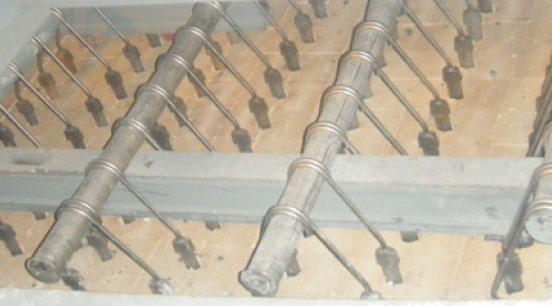Hatch’s furnace audit program helps gauge the integrity and campaign life of furnaces and provides an expert view on their furnaces to either affirm their practice or help them improve. The goal is to increase client KPIs at every possible level, improve safety, prevent sudden failures, extend campaign life, and reduce waste. The following key areas of auditing will be conducted:
Instrumentation and Control System Audit
Find out-of-commission equipment, assessing instrument efficiency, and alarm systems. Reassess alarm limits based on normal stable operation conditions. Analyze data, control parameters, downtime, performance, and tuning.
Control system, including design evaluation, alarm audit, alarm and interlock verification/documentation, control room, platform, and historian evaluation.
Control Module including power, feed, and supervisory/energy balance controls.

Structural and Mechanical Audit
- Review of the components forming the crucible, including the containment structure/binding system
- Maintenance and operating review
- Physical inspection
- Furnace measurements
- Review of expansion data
- Cooling system review

Equipment Audit
- Hydraulic systems and electrode hoists inspection and performance assessment
- Electrode pressure ring/contact pad inspection
- Feed system inspection, maintenance practice evaluation, and calibration
- Cooling system water quality and flow rate balance
- Off-gas system leakage assessment and pressure distribution evaluation
- Taphole and tapping machines maintenance practice evaluation
- Air cooling fans flow balance evaluation
- Sounding system calibration
- Roof-opening seals inspection and evaluation
Process Audit
- Furnace throughput analysis
- Furnace process survey including mass and energy balance, heat loss and logistic surveys
- Review of operating practice
- Environmental, health and safety audit

Power System Audit
- Equipment protection
- Furnace component isolation
- Main substation power quality measurements
- Smelter roof and building steel induction currents
- Furnace power supply loading and remaining margins
- Transformer oil analysis
- Furnace PVIs and throughput graph
Refractory Audit (NDT)
Focuses on measurement of refractory thickness and detecting possible anomalies within the bricks using non-destructive testing techniques. Best practice is to compare the scheduled inspection results with the baseline signature measurements that were collected after the furnace start-up. Main areas of inspection are roof, walls, hearth, tapholes, and coolers.
The audit is performed in two ways:
- Active inspection: Routine inspection of areas of interest as part of planned and proactive furnace maintenance system
- Diagnostic system: Continuous remote monitoring using optical temperature sensors and/or acoustic vibration sensors. VPN connections are used for immediate warning of urgent situations.
- Acousto Ultrasonic-Echo (AU-E)
- Thermal Modeling
- Diagnostic systems

